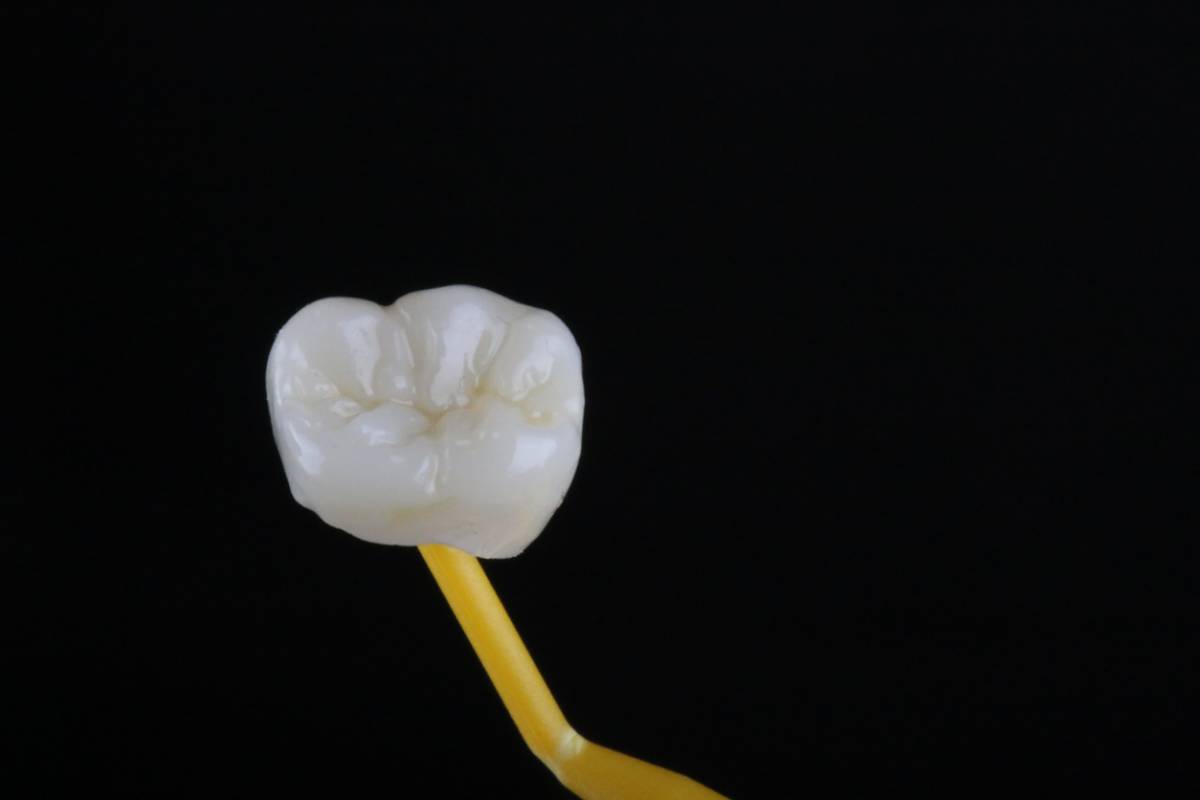Visiting a dental crowns specialist should be the beginning of a new smile. However, many people have a lot of questions before moving forward. One reasonable one to ask is if you can have an allergic reaction to dental crowns.
Can You Have an Allergic Reaction to Dental Crowns?
Never underestimate the range of things the human body can be allergic to. Among these is dental crowns. However, while you can have an allergic to dental crowns, this rarely happens.
It usually only ever occurs with crowns that have certain metals in them. For example, the nickel in alloy crowns can lead to an allergic reaction. Knowing your medical history can help you identify risks before moving forward with a crown.
What Happens During the Allergic Reaction to Dental Crowns?
The good news is that these allergic reactions should not cause any severe risk to your health. That is, so long as you return to the dentist to have the crown removed. Even minor allergic reactions can cause issues if they are not treated. Symptoms to look out for include:
- Gum irritation, redness, swelling, or bleeding
- Oral discomfort, pain, or itching
- A metallic taste in your mouth
- A rash or skin changes near the crown
- Headaches or nausea
What Can I Do If Allergic to My Dental Crown?
Unfortunately, the only solution is to remove the crown and replace it. Fortunately, crowns come in several materials known for having very unlikely odds of an allergic reaction. The best options for minimizing the risk of allergic reaction include porcelain and zirconia. Generally, you will need a new crown. Otherwise, your tooth will no longer have the stability provided by the restoration.
What Causes the Allergic Reaction?
The most common culprit in a dental crown allergy will be due to metal. Not all crowns contain metal, but certain types contain alloys that can cause allergies. Even porcelain-fused-to-metal crowns can also present a risk. Rarely, porcelain can also trigger an allergic reaction. Lastly, sometimes patients have an allergic reaction to the adhesives or bonding agents used to lock the crown in place.
Finding out what caused the allergy is crucial for moving forward. Ideally, your dentist can readily identify the cause and propose an alternative path forward.
What to Do If You Suspect an Allergy
While dental crown allergies should not present immediate risk, you will need to address it eventually. Prolonged allergic reactions can put you at risk for inflammation-related issues and continual discomfort. The sooner you resolve the issue, the sooner you can have restored comfort.
Step 1: Contact Your Dentist
Reach out to your dentist to go over your symptoms. Set up an appointment so they can examine the crown and determine the root cause. Additional tests may be needed to confirm what exactly has caused the allergic reaction.
Step 2: Go Over Your Options
Getting a crown of a different material will often solve the issue. However, this might not prove feasible for all patients. It depends on what your goals are and what your budget is. Your dentist will work with you to find a biocompatible material that fits your needs.
Step 3: Crown Replacement
Your dentist will remove the old crown and take impressions for the new one. You can receive a temporary crown again to protect the tooth while waiting. After several days, your crown should be ready.
Get Personalized Crowns Today
When getting crowns, you want a skilled dentist who takes the time to ensure a biocompatible material from day one. Call Tropic Dental Care today and that is precisely who you will find.



